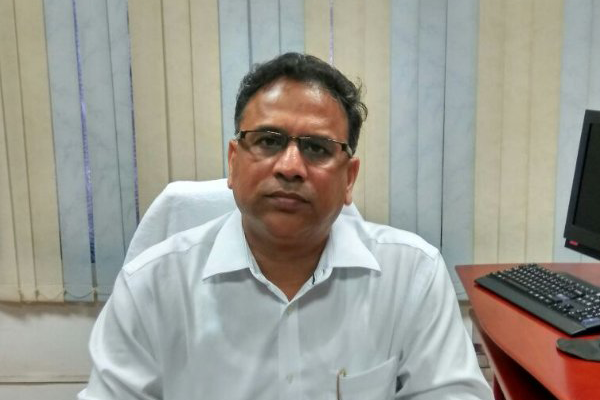

The Union Minister for Urban Development, Housing and Urban Poverty Alleviation and Parliamentary Affairs, M. Venkaiah Naidu is also seen.
The government will appoint CEOs to head Special Purpose Vehicle (SPV) created for implementation of the Smart City Mission at city level.
The guidelines released by government for rolling out the scheme to develop 100 smart cities says that the SPV will plan, appraise, approve, release funds, implement, manage, operate, monitor and evaluate the Smart City development projects.
Each Smart City will have a SPV, which will be headed by a full time CEO and have nominees of Central Government, State Government and ULB on its Board. According to reports, government officers, senior corporate executives and even independent experts can be hired for the post.
The CEO will be appointed for a fixed term of three years and will be removed only with the prior approval of Ministry of Urban Development (MoUD).
The key functions of the CEO include:
a. Overseeing and managing the general conduct of the day-to-day operations of the SPV subject to the supervision and control of the Board.
b. Entering into contracts or arrangements for and on behalf of the Company in all matters within the ordinary course of the Company’s business.
e. Supervising the work of all employees and managers of the Company and the determination of their duties, responsibilities and authority.





















